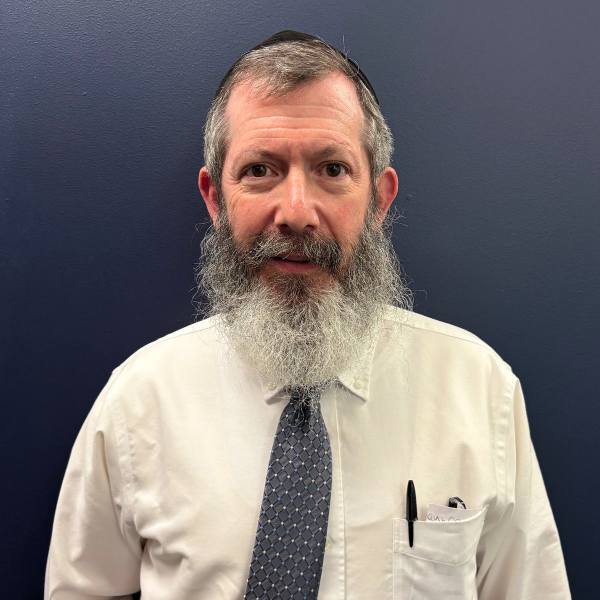 Chaim (Marc) Oster was born in Miami, Florida, where he received his bachelor’s and medical degrees from the University of Miami and where he married his wife, Naomi (Nancy). They moved to Boston in 1993 for his medical residency in internal medicine and became more observant in Judaism thanks to the outreach of Chabad. In 2006, they moved along with their second-grade triplets to Pittsburgh to join the thriving Chabad community.
Chaim (Marc) Oster was born in Miami, Florida, where he received his bachelor’s and medical degrees from the University of Miami and where he married his wife, Naomi (Nancy). They moved to Boston in 1993 for his medical residency in internal medicine and became more observant in Judaism thanks to the outreach of Chabad. In 2006, they moved along with their second-grade triplets to Pittsburgh to join the thriving Chabad community.
Dr. Oster has always been interested in leadership. He served in leadership posts throughout his formal schooling. In Pittsburgh, he has served as Board President of Yeshiva Schools of Pittsburgh for the past five years, helping to navigate a change in executive leadership and organizational governance.
How do you define your leadership style?
I prefer to lead by consensus. That requires surrounding myself with people smarter than me and then creating an environment where the different opinions are aired. In that environment, the best path forward will usually emerge.
Whose shoulders do you stand on?
First and foremost, I depend on the example of the Lubavitcher Rebbe, who had a clear vision of what needed to be accomplished and the faith to empower others to blaze the path. He was also never satisfied with what had been accomplished and would not let others be satisfied either. Additionally, I draw inspiration from the American Founding Fathers, many of whom put the cause before their person.
What is the most significant risk you have taken and what was the outcome?
Regarding leadership, my biggest risk was agreeing to become the Board President of Yeshiva Schools. Within that role, the biggest risk was advocating for the purchase of Yeshiva’s Greenfield campus. The frustrations aside, it has become increasingly clear that the purchase allows for a much brighter long-term future for the school and its students.
What are you doing to ensure that you continue to grow and develop as a leader?
The key is to constantly learn from people smarter and more talented. Too often, leaders feel threatened by those more capable and avoid hiring and empowering them. Successful leadership and successful personal growth require the opposite.
What book are you currently reading?
This year, I am rereading Rabbi Jonathan Sacks’ Essays in Ethics.